For more livable communities, more women leaders are needed in waste management in Sri Lanka
Date:
Authors: Marlon Ariyasinghe, Boost Metrics*
Illustrations: UN Women Sri Lanka/Boost Metrics
Colombo, Sri Lanka — Improving waste management starts at home, but its benefits go well beyond -- to a cleaner environment, more peaceful communities, and greater social and political leadership by women, who are key to making it all happen.
Rajeshwari Diaz, 46, and Kaweeda Manohari, 48, are among the many women who have seen these benefits as they attend trainings and community dialogues organized by a project called Promoting Women’s Engagement in Effective Solid Waste Management. UN Women is running the project jointly with United Nations Office for Project Services and Chrysalis, a local non-governmental organization. The 2020-2021 project is expected to directly benefit about 4,000 people in Puttalam and Mannar, fishing and agricultural districts along Sri Lanka’s western coast.
Diaz, who lives in Mannar, draws inspiration from her 80-year-old mother-in-law, who takes the lead in collecting and separating the household waste. The family gives the food waste to neighbours, who feed it to their farm animals, and keep the other waste inside a compound for the municipality’s waste collectors. The family not only keeps the house and garden clean but also the public road in front.
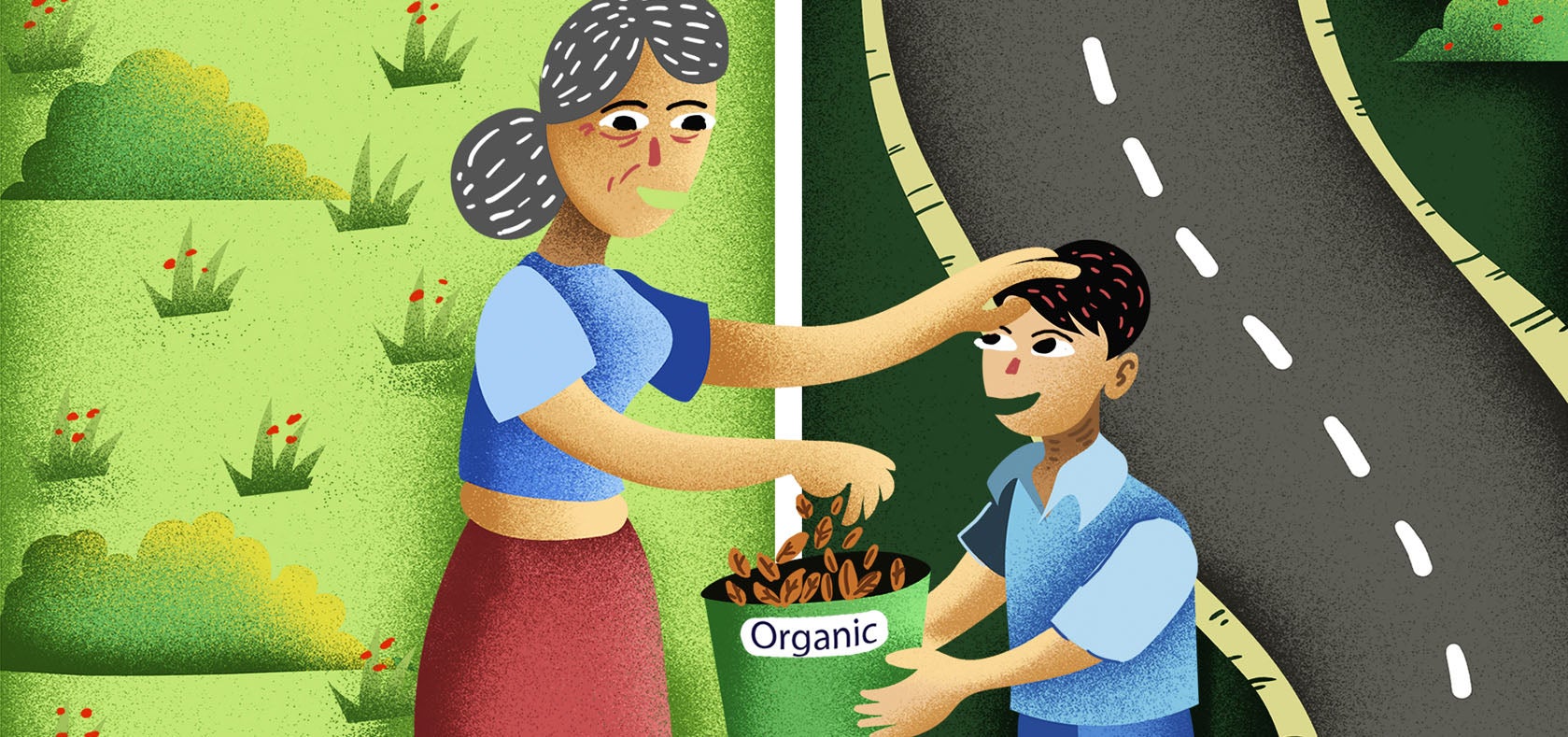
As a Community Development Officer, Diaz has taken part in the Mannar Urban Council’s programmes to educate people about proper waste management. The council distributes dustbins and garbage bags of different colours for villagers to separate different types of waste.
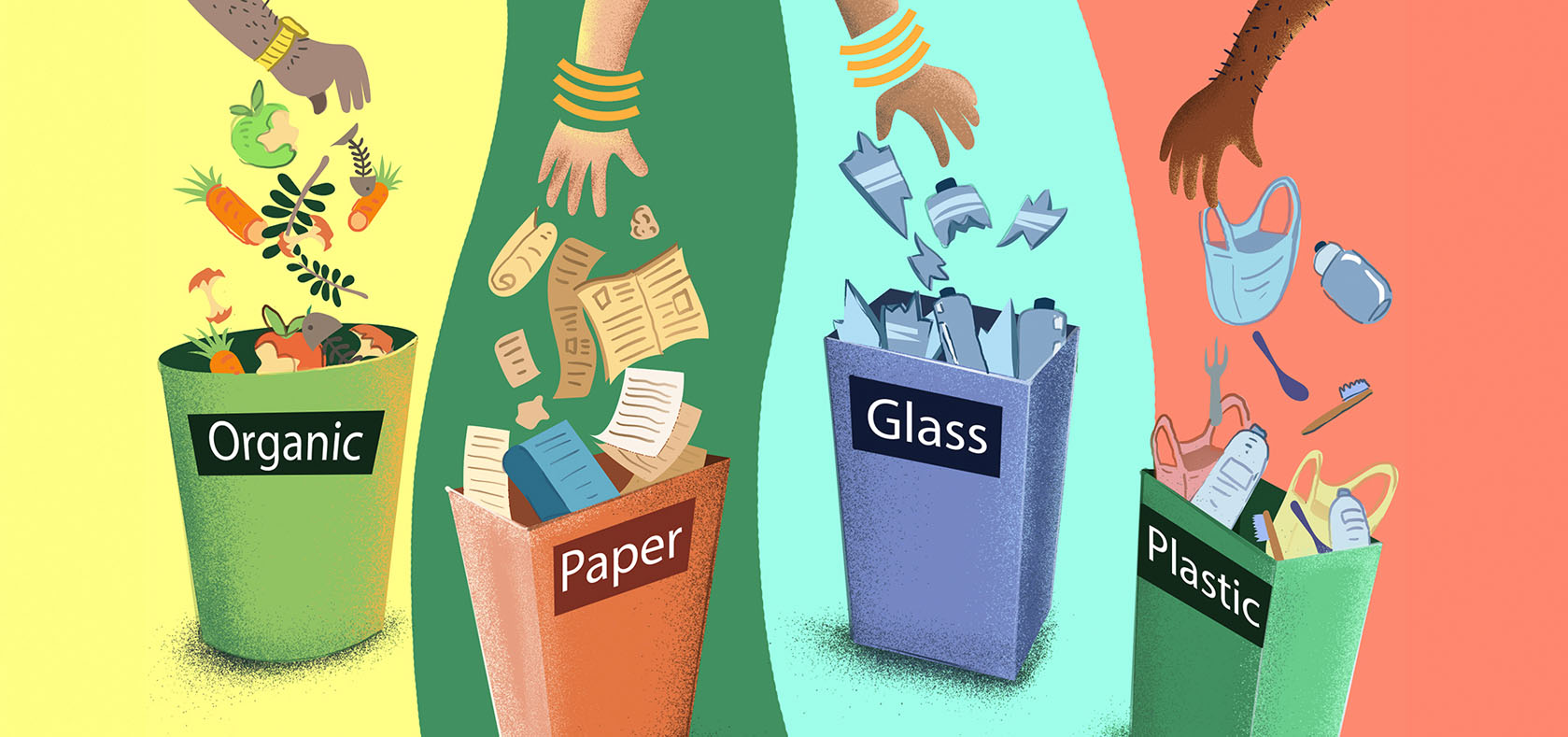
Diaz firmly believes that parents must teach good waste management practices to their children from an early age. She has told her son that if he leaves garbage lying around, flies and disease may come.
“At home, when our son eats a toffee, we ask him to dispose of the wrapper in the dustbin,” she says. “If he eats a banana, we ask him to dispose of the peel in the dustbin that is used for food waste.”
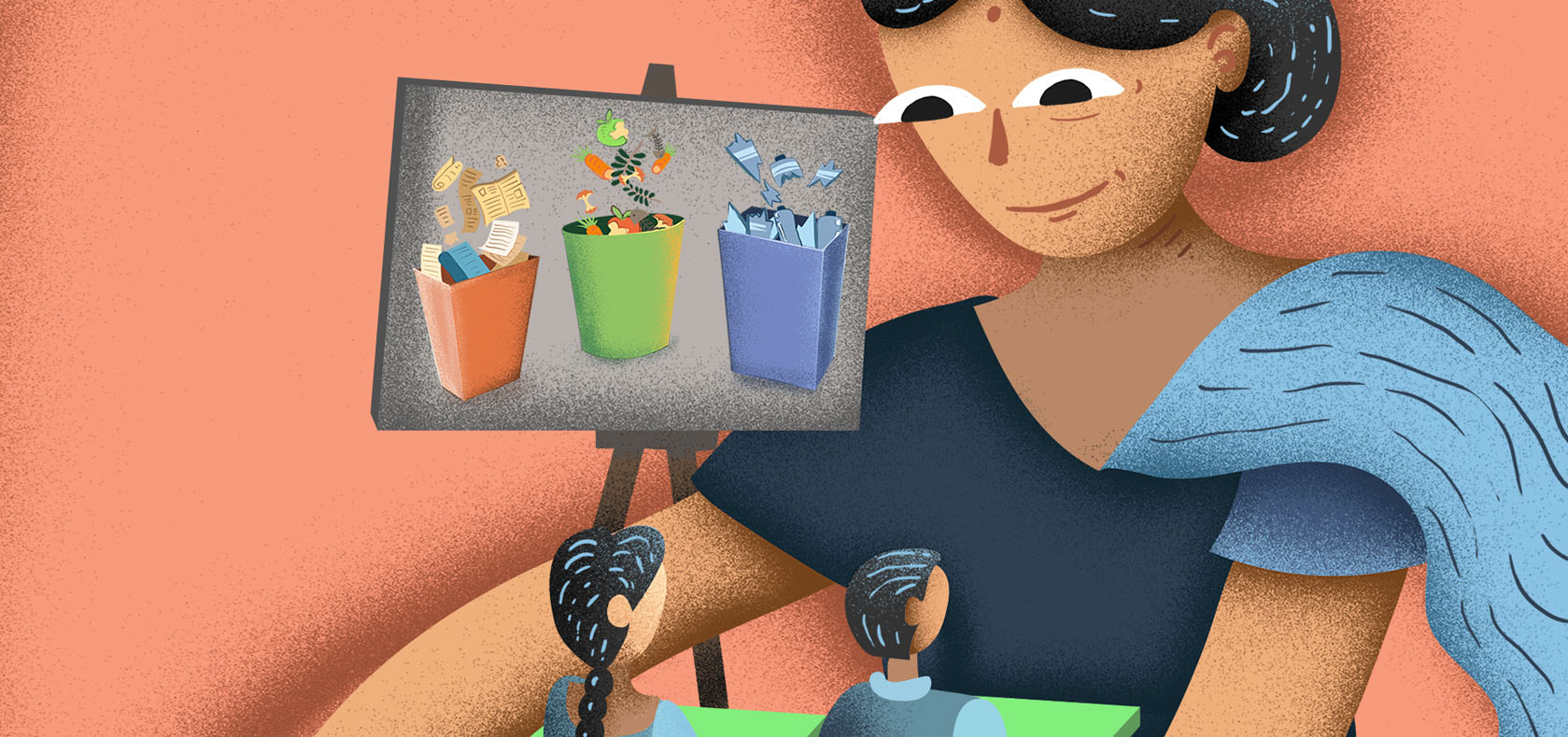
One of the biggest problems, Diaz says, is that many youths don’t know or don’t care -- “Some youths in Mannar get together in public places and end up littering everywhere.”
She says children are injured by the broken bottles left around and cattle often die after ingesting the plastic and polythene.
Diaz sees youths getting involved in religious institutions and other projects and believes that same energy can be directed towards waste management.
Diaz has seen how careless waste management also harms communal relations.
“Some people keep their garbage outside. Animals come and scatter them everywhere, and sometimes around other people’s houses. This results in unnecessary arguments,” she says.
Through the UN Women project, Diaz has learned not only proper waste management but also the importance of collaboration and ways to manage such conflicts.
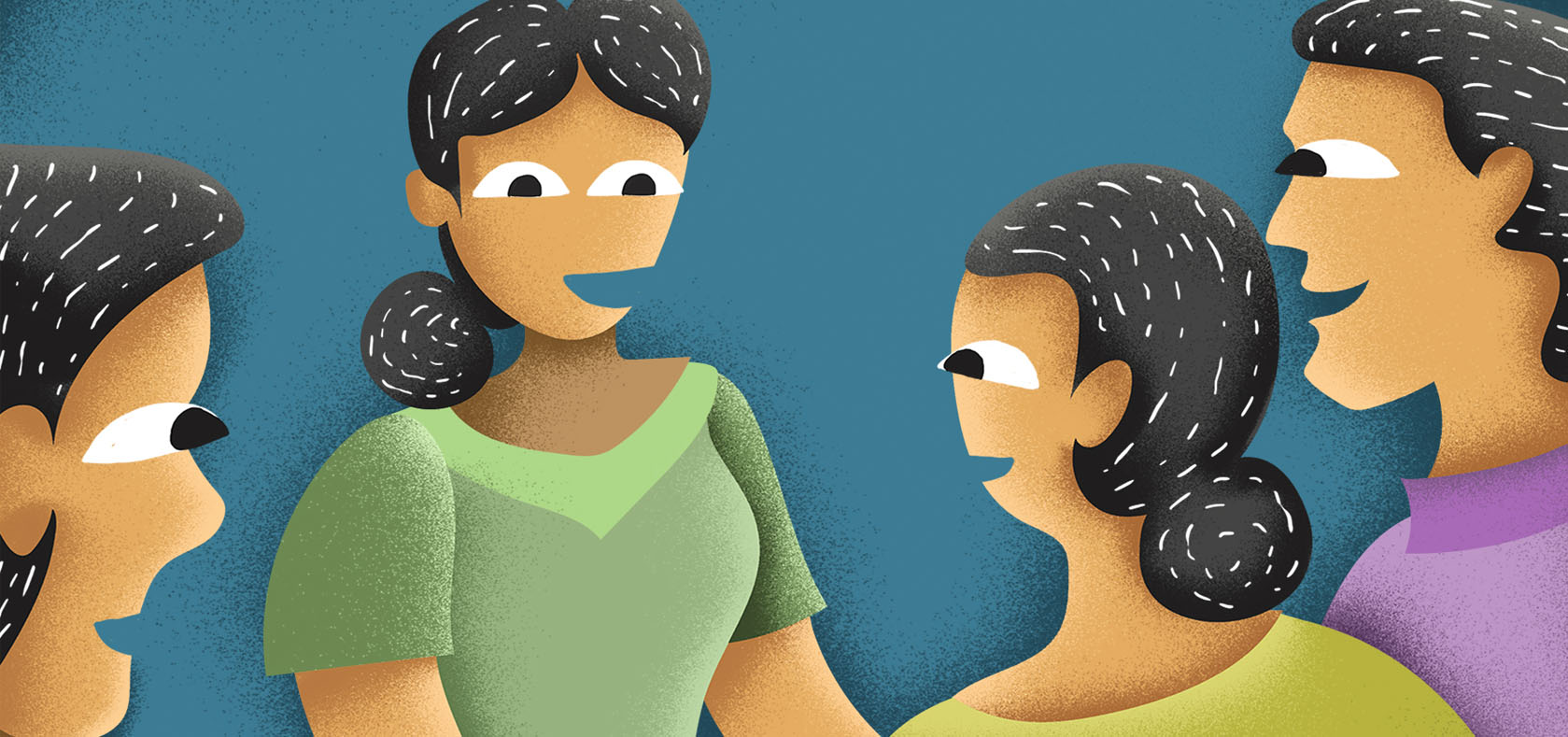
“Before making decisions and jumping to conclusions, we should think about others’ feelings and views,” she says.
Manohari is a member of the Municipal Council in Chilaw, a town in Puttalam. Like Diaz, she also believes that good practices must start at home. The same spirit of cooperation that is needed at home is needed in the community, she says.
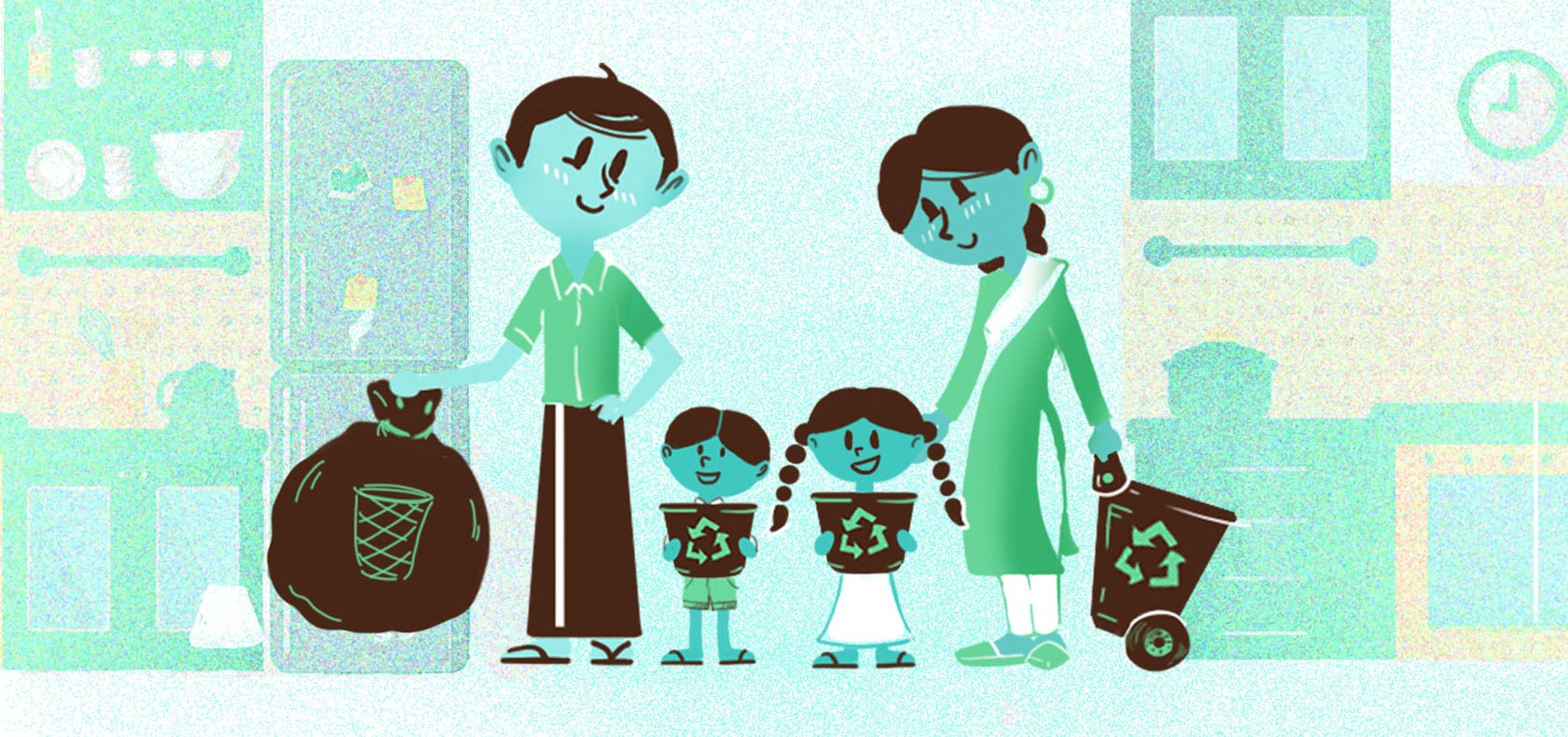
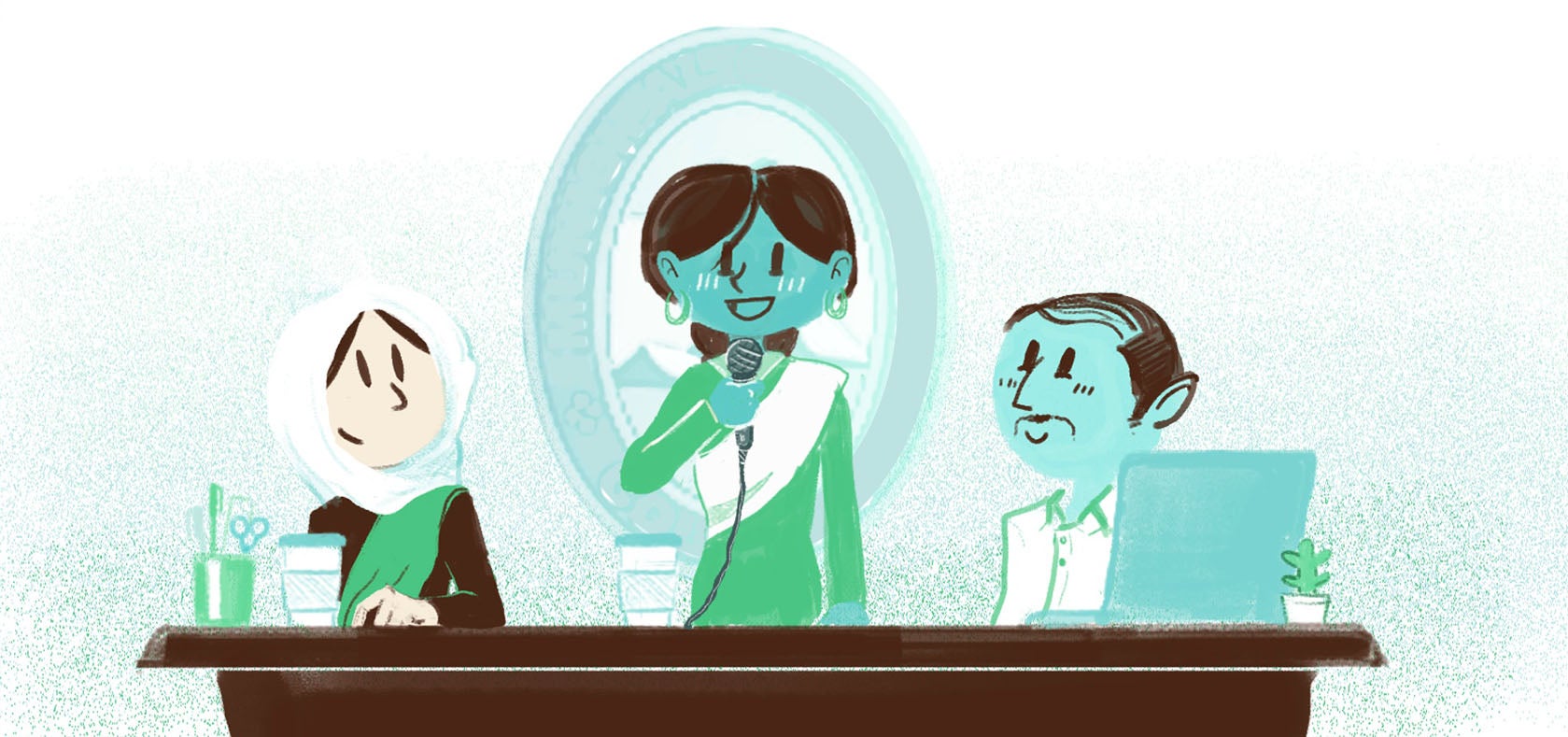
She says that most waste-related conflicts arise from people dumping waste on public land and roads, and these conflicts “sometimes … end up with violence and law enforcement getting involved”.
Manohari says the UN Women programme trainings changed her approach to conflict resolution.
“Recently, while the programme was being conducted, I had to be a mediator to a conflict between two parties that could have ended up in violence,” she says. “Since it was fresh in my mind, I was able to use some of the techniques I learned at our training to help the two parties arrive at a compromise and push for a legal solution.”
Taking forward another lesson from the trainings, Manohari says that monetary incentives can help to inculcate good waste management practices in the community. She has participated in a campaign to teach people how they can earn income by recycling plastic and other waste.
Manohari says the local councils, which have the primary responsibility for collecting and disposing of waste, must do more in collaboration with the community. However, until recent years, women made up less than 2 per cent of council members. In 2017, Sri Lanka introduced a 25 per cent quota for women in each council, but women continue to face barriers in engaging in community decision-making.
Manohari has seen how enthusiastically women in her community reuse waste material, such as by turning plastic bottles and polythene bags into containers for growing plants.
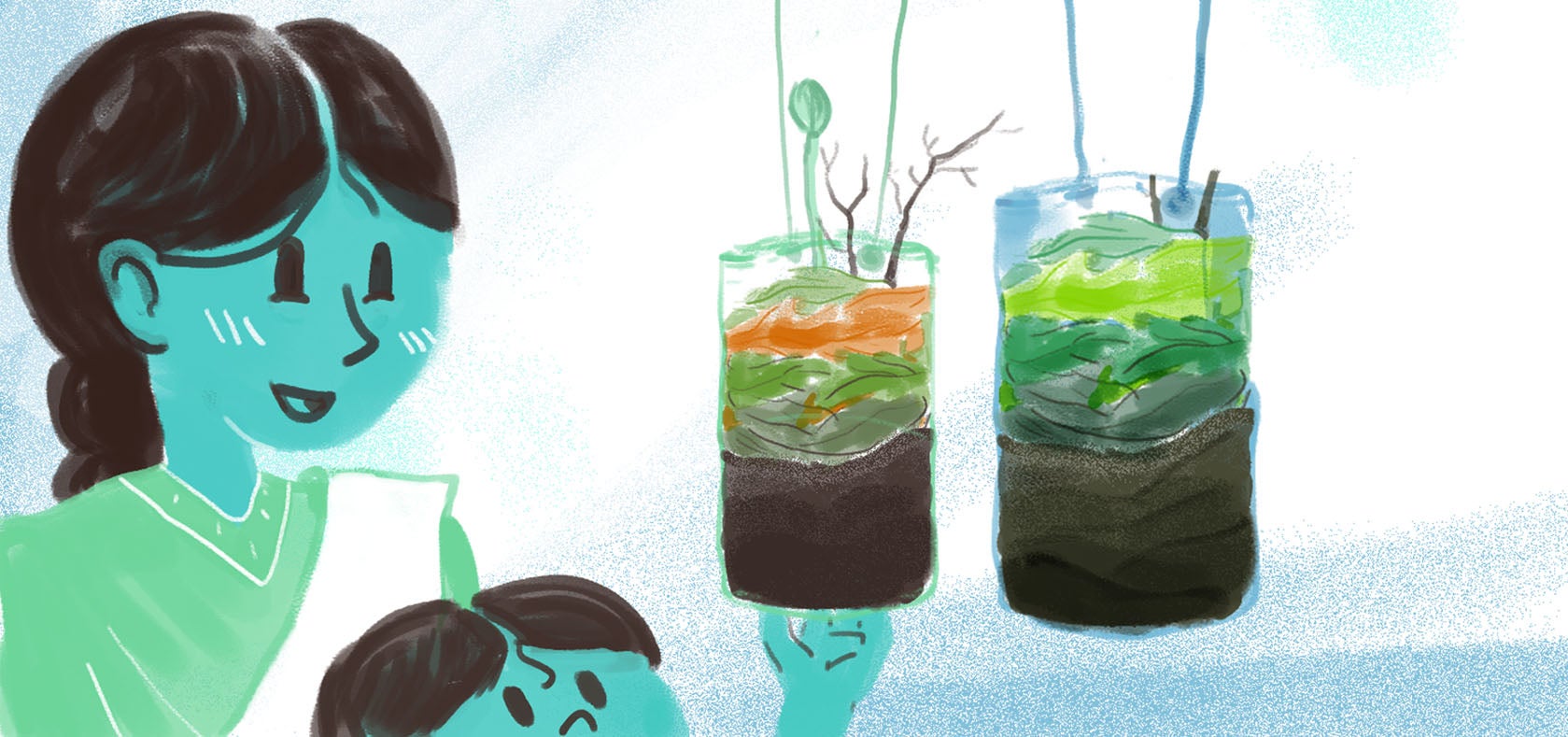
It’s clear, she says, that women can step up and take the lead on waste management and other community issues if given the opportunity.
* UN Women Sri Lanka commissioned Boost Metrics, a local design agency, to do the text and illustrations for this article.